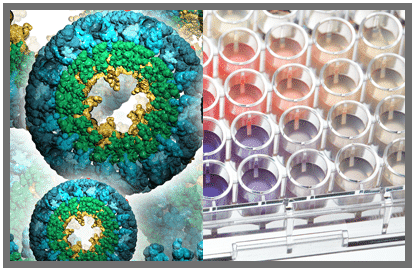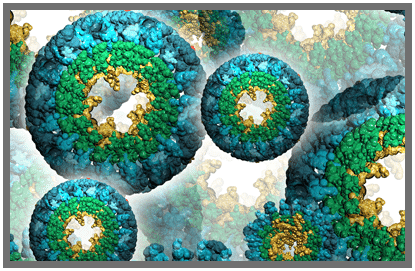
Clinical diagnostics laboratories utilize a wide variety of instrumentation to measure critical care analytes. These instruments range from manual point-of-care bench apparatus to high-volume, fully automated free-standing systems. Testing is performed using all types of body fluids, including serum, whole blood, urine, cerebrospinal fluid, and others. The results of these tests provide clinicians with critical information for diagnosis, prognosis, and constant monitoring of patients’ medical status. Clinical laboratories are generally divided into basic units, such as Chemistry, Hematology, Coagulation, Immunochemistry, and Microbiology. These units perform tests that are grouped according to the type of analyte and/or to the methodology of measurement.
Clinical Chemistry laboratories focus primarily on measuring the concentration and/or activity of biological fluid components using biochemical methodologies. Most chemistry laboratories have at least one high throughput automated system used for screening patient status, as well as several other smaller, more specialized instruments. Many tests are grouped into “panels” of related analytes, such as cardiac enzymes, serum electolytes, liver enzymes, lipids, drugs, and thyroid function markers.
- Sort by
- Display 15 Products per page


